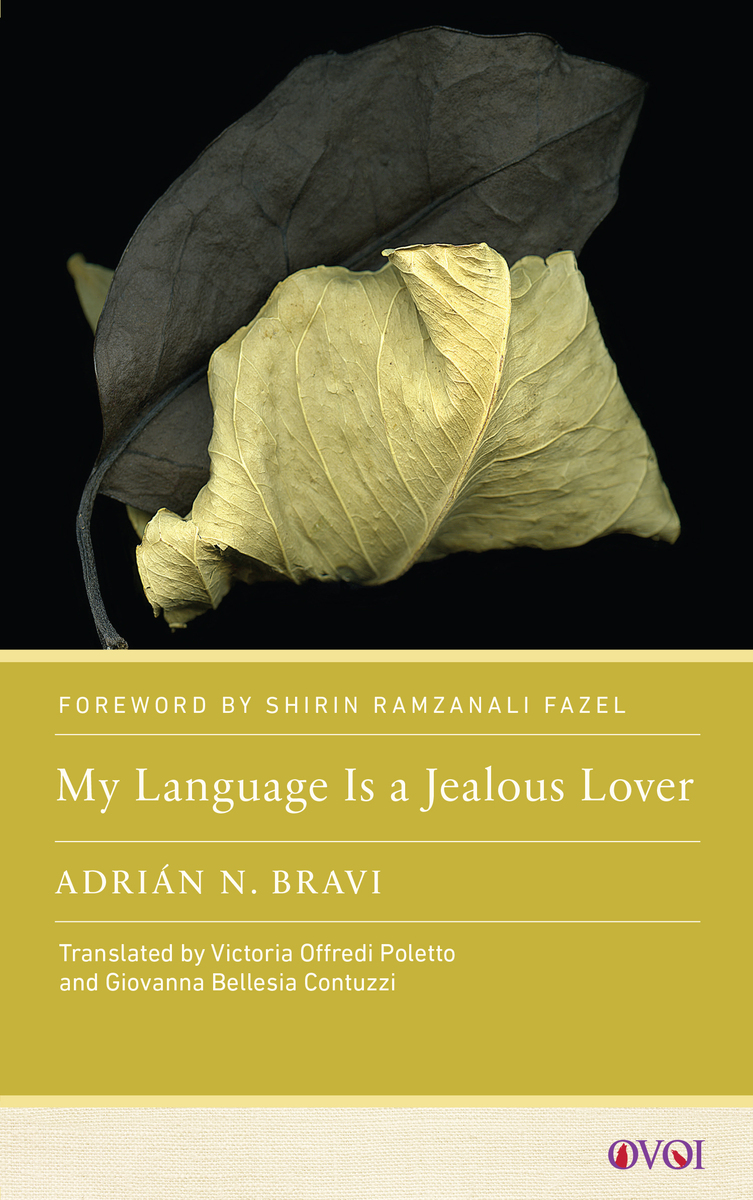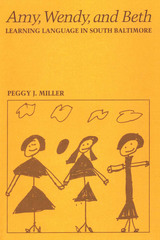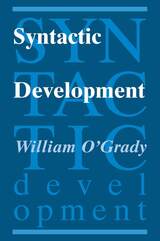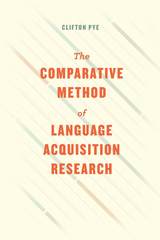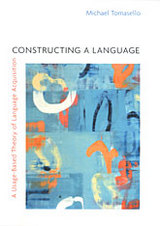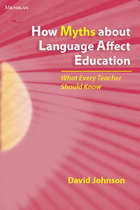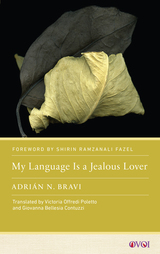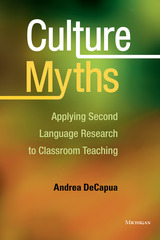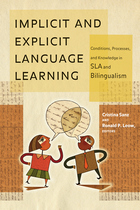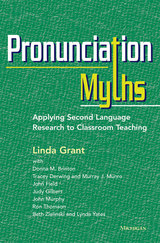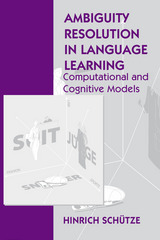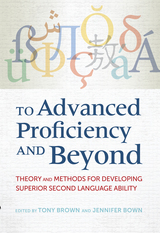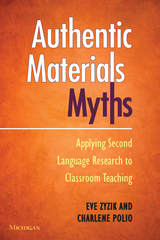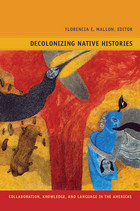My Language Is a Jealous Lover
Rutgers University Press, 2023
Cloth: 978-1-9788-3459-0 | Paper: 978-1-9788-3458-3 | eISBN: 978-1-9788-3460-6
Library of Congress Classification P118.2.B72713 2023
Dewey Decimal Classification 401.93
Cloth: 978-1-9788-3459-0 | Paper: 978-1-9788-3458-3 | eISBN: 978-1-9788-3460-6
Library of Congress Classification P118.2.B72713 2023
Dewey Decimal Classification 401.93
ABOUT THIS BOOK | AUTHOR BIOGRAPHY | REVIEWS | TOC
ABOUT THIS BOOK
Many great writers have been fluent in multiple languages but have never been able to escape their mother tongue. Yet if a native language feels like home, an adopted language sometimes offers a hospitality one cannot find elsewhere.
My Language Is a Jealous Lover explores the plights and successes of authors who lived and wrote in languages other than their mother tongue, from Samuel Beckett and Vladimir Nabokov to Ágota Kristóf and Joseph Brodsky. Author Adrián N. Bravi weaves their stories in with his own experiences as an Argentinian-Italian, thinking and writing in the language of his new life while recalling that of his childhood. Bravi bears witness to the frustrations, the soul-searching, the pain, and the joys of embracing another language.
My Language Is a Jealous Lover explores the plights and successes of authors who lived and wrote in languages other than their mother tongue, from Samuel Beckett and Vladimir Nabokov to Ágota Kristóf and Joseph Brodsky. Author Adrián N. Bravi weaves their stories in with his own experiences as an Argentinian-Italian, thinking and writing in the language of his new life while recalling that of his childhood. Bravi bears witness to the frustrations, the soul-searching, the pain, and the joys of embracing another language.
See other books on: Bellesia Contuzzi, Giovanna | Books & Reading | Italian | Second language acquisition | Translating & Interpreting
See other titles from Rutgers University Press
